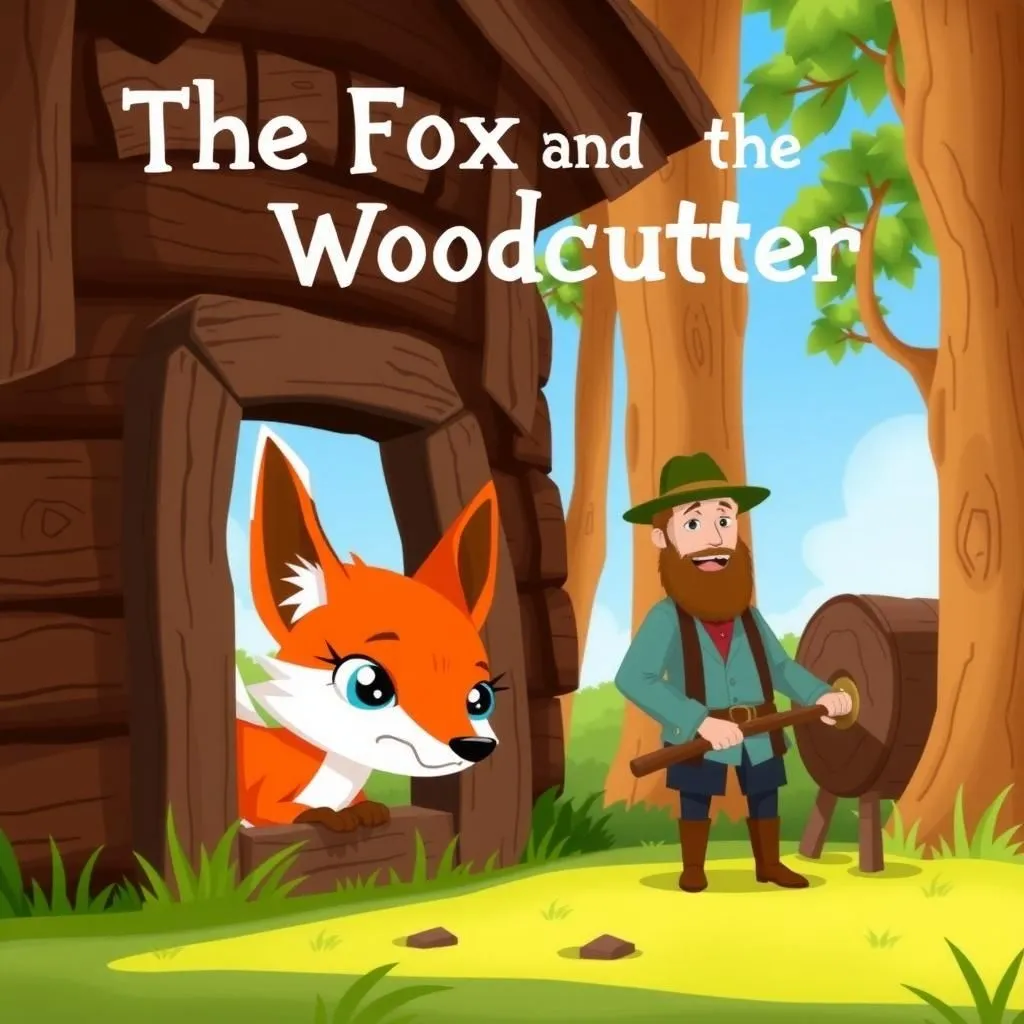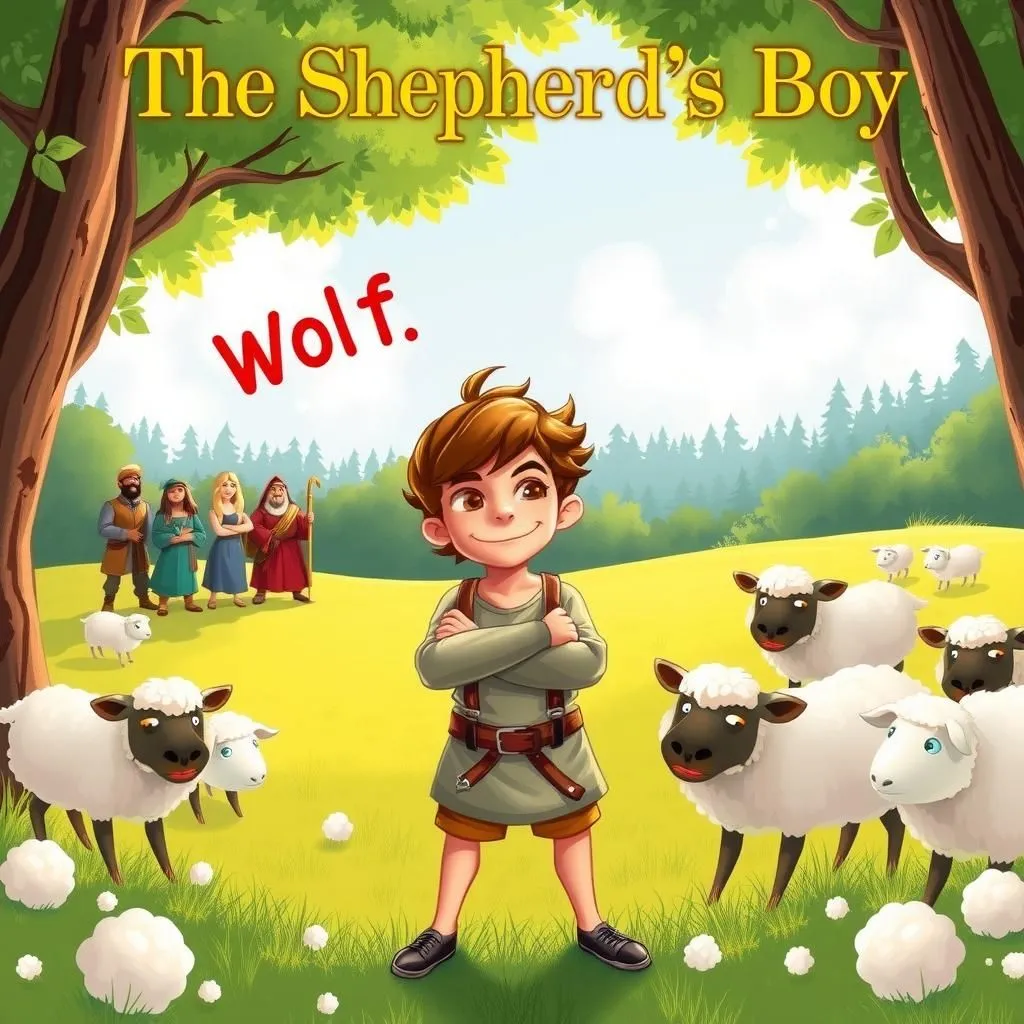
The Lion and the Fox
In "The Lion and the Fox," an engaging moral tale, a Fox partners with a Lion, helping him locate prey while the Lion captures it. Jealous of the Lion's share, the Fox decides to hunt independently but ultimately fails and becomes prey to hunters and their dogs. This short and sweet moral story reminds students that envy can lead to one's downfall.


